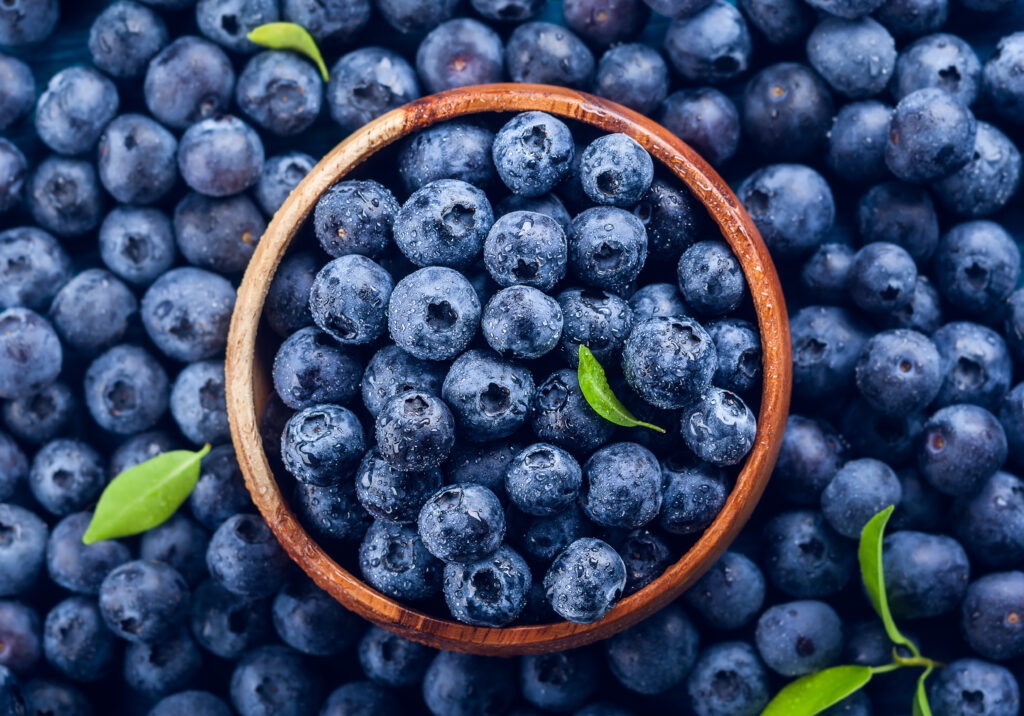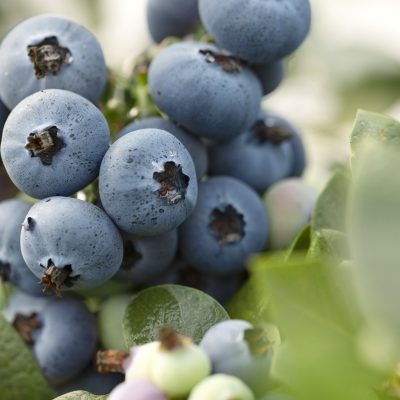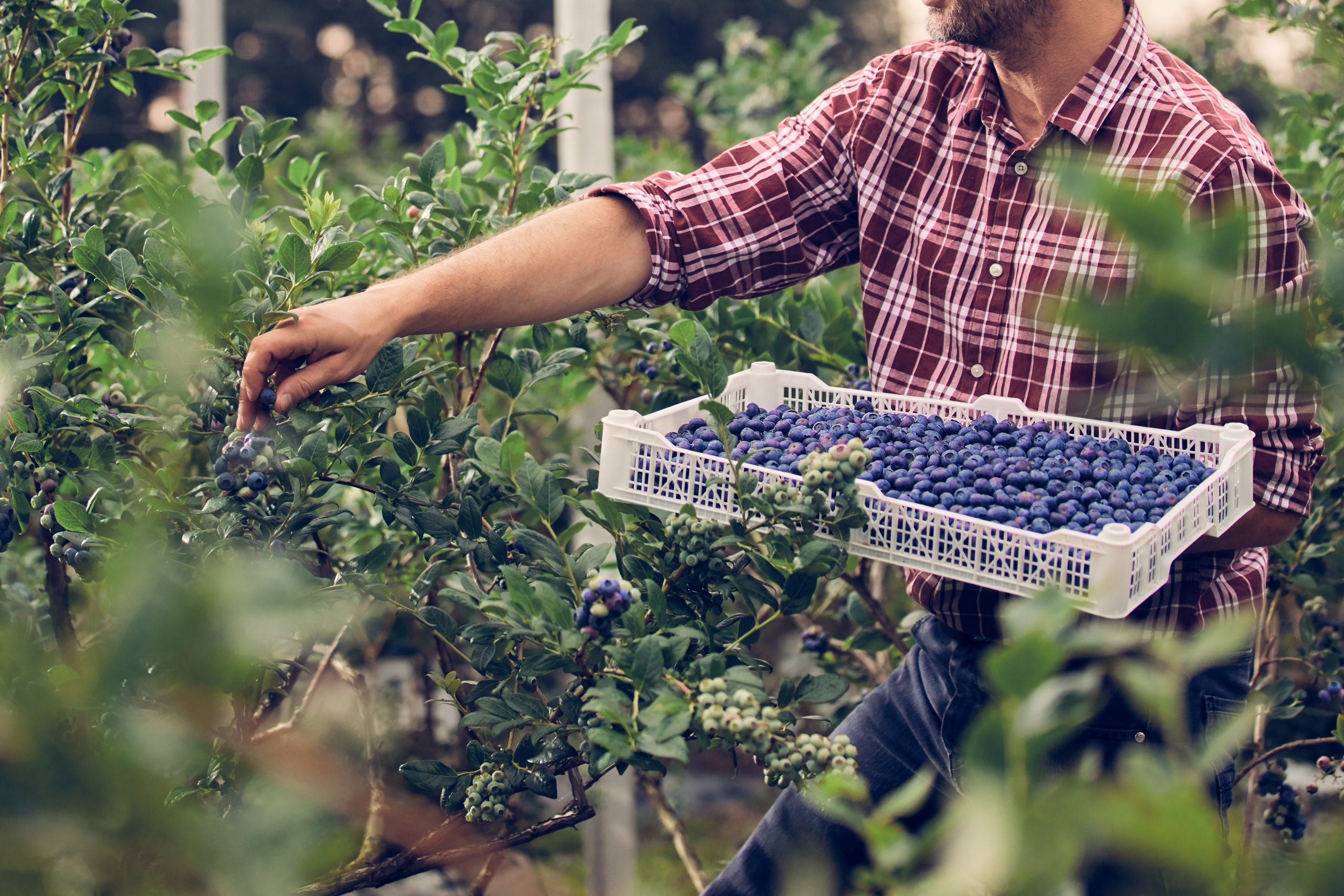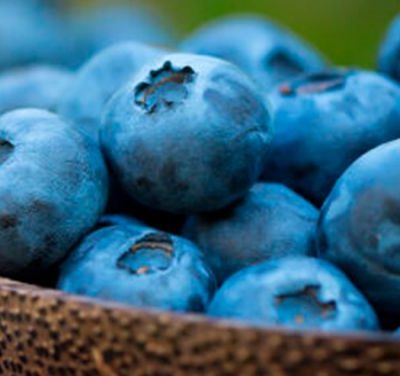Chilean blueberry industry focuses on varietal renewal to boost global competitiveness
Armstrong, known as the blueberry man, has been at the forefront of Chile’s blueberry industry development for 15 years, witnessing its growth and facing new challenges. The industry, which has seen its ups and downs, is currently emphasizing varietal replacement and the establishment of a distinctive seal by the Blueberry Committee to enhance its identity in global markets.
In 2008, the Chilean blueberry sector took a significant turn, focusing on supplying the US market during its off-season. This period marked the beginning of collaborative efforts to develop the market, establish quality standards, and ensure the industry’s future. The Chilean Blueberry Committee was formed in 2009, aiming to increase the consumption, quality, and safety of the fruit. Since its inception, the committee has seen production jump from less than 40,000 tons to 117,000 tons by the 2020-2021 season.
The committee’s international involvement, including participation in the Blueberry Council of the United States and the International Blueberry Organization (IBO), underscores its role in the industry. However, recent years have seen a shift in production dynamics due to increased competition. Countries like Mexico and Morocco have become significant players, impacting Chilean exports. This competition has led to a reduction in export volumes and a pivot towards frozen blueberry exports as a viable alternative for many Chilean producers.
To adapt to this competitive landscape, Chile is focusing on varietal renewal, introducing new varieties suitable for its climate. This strategy aims to improve the export varietal mix, making Chilean blueberries more competitive on the global stage. Investment in new varieties and post-harvest technologies are part of the committee’s efforts to enhance quality and logistics processes.
The introduction of a new label by the Blueberry Committee signifies a commitment to quality and varietal renewal. This voluntary initiative, supported by companies willing to invest in promotional campaigns, aims to distinguish Chilean blueberries in international markets. The committee’s efforts to evaluate varieties and generate relevant information for producers underscore its dedication to the industry’s development.
Reflecting on the past 15 years, the challenges faced by the Chilean blueberry industry are acknowledged, but there remains optimism for the future. The focus on varietal renewal and efficient production and transportation processes is seen as key to competing effectively in global markets. Increased marketing and promotional investments are anticipated to further drive consumption growth.
22.11.2024
Source: FreshPlaza.com





